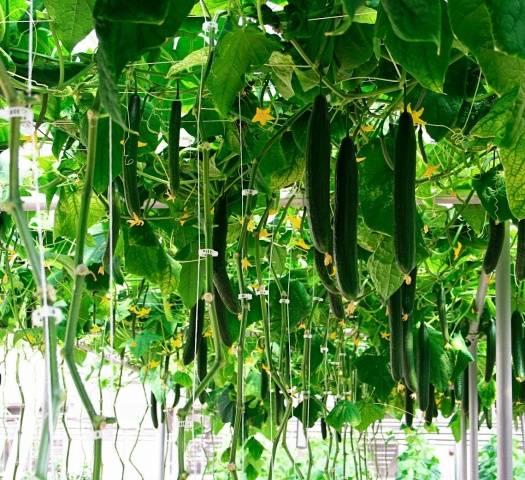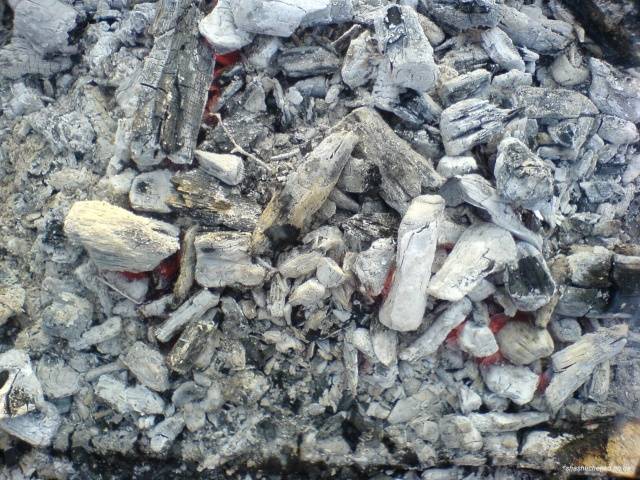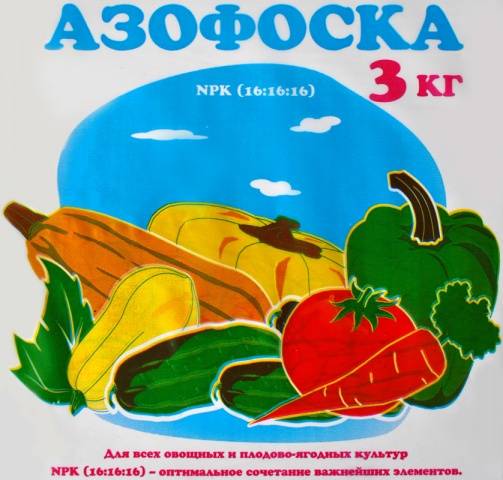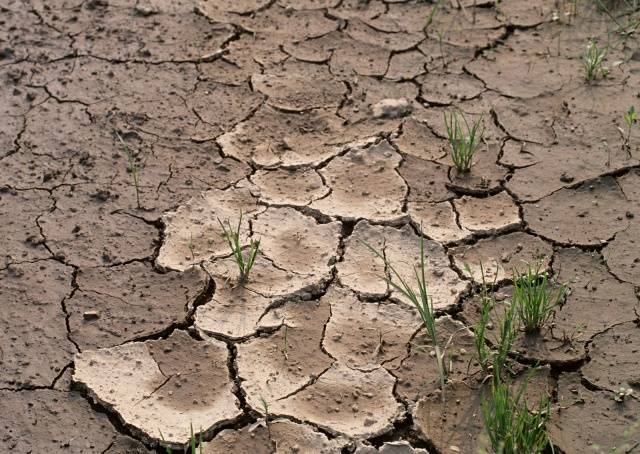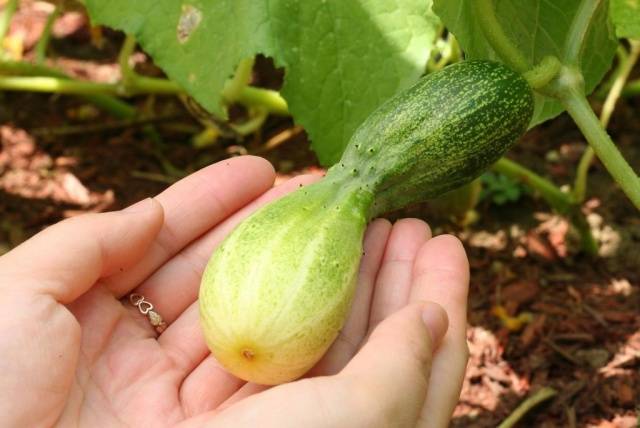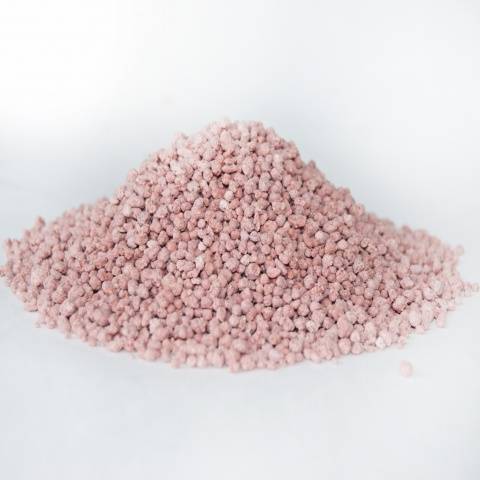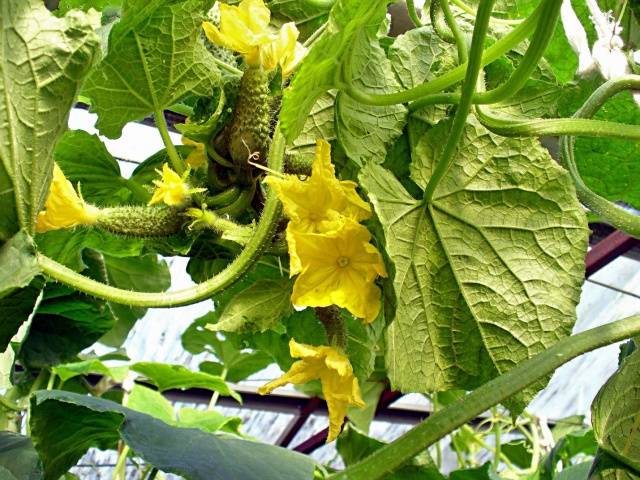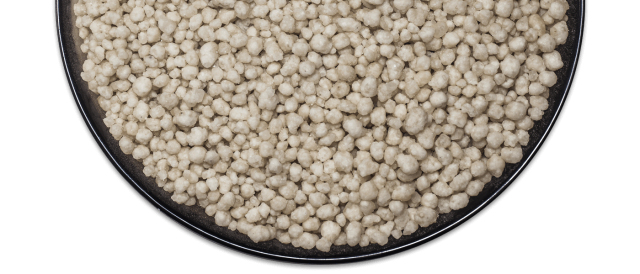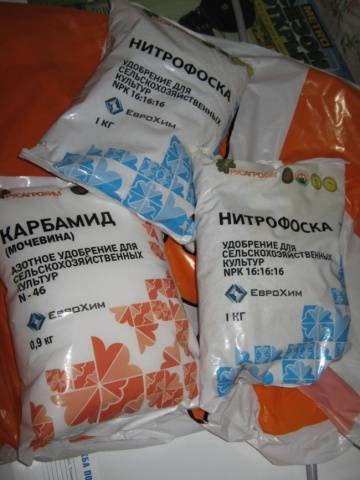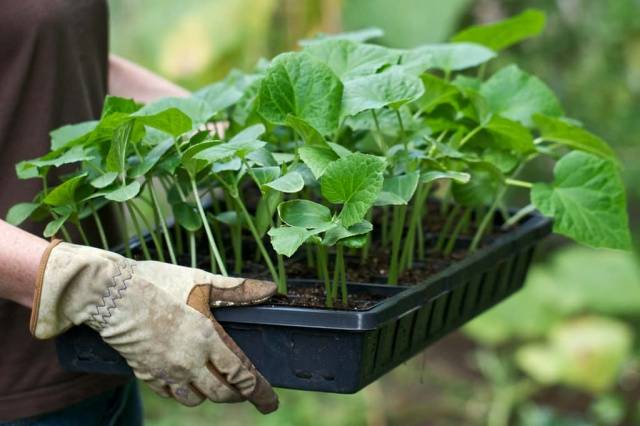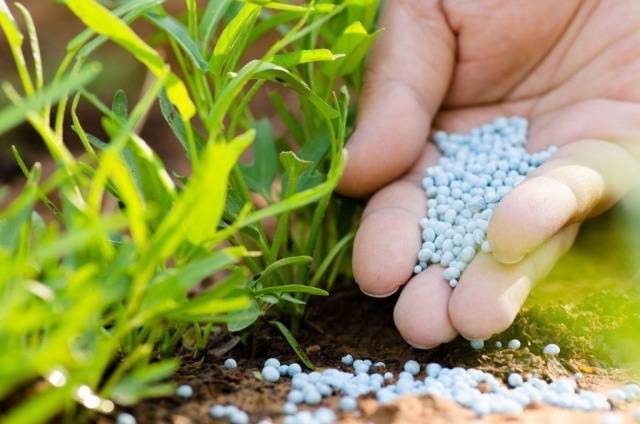Content
Who doesn't love to enjoy homemade, fresh and aromatic cucumbers? But in order to grow them like this, it is important to know the basic rules of care. Timely feeding of cucumbers increases the immunity of plants, thanks to which they resist diseases. It is worth noting that cucumbers do not like changes in temperature and cold. Grow well in humid climates. To increase the yield, organic matter and mineral fertilizers should be introduced into the soil.
This article will focus on Azofosk, a fertilizer used for cucumbers. So, you will learn how to determine the lack of trace elements in the soil in which cucumbers grow, why many summer residents choose Azofosk as a top dressing and how to use it in gardening.
Means for feeding cucumbers
To protect cucumbers from disease, many gardeners use ordinary wood ash. It contains potassium, which is much needed for cucumbers microelement... Since ash is a natural remedy, it is absolutely harmless to the human body. This feeding can be done during the harvest season. You can spray the cucumber bushes with a solution of ash, dust the soil with a sifted dry mixture, and also pour the ash solution under the root.
Ash solution is prepared from 1 glass of ash and 10 liters of water. Leave for 24 hours to let the ash stand. For spraying, this infusion must first be filtered. It is necessary to water cucumbers with warm water, its temperature should be in the range of 20-25 ° C. If the solution is left in the sun for the day, then in the evening it will just be warm, which will allow you to fertilize at the root or spray.
Not everyone in the garden or dacha has ash, so it is not possible to fertilize the land with this natural remedy. In this case, you can feed the cucumbers with Azofosky. it complex mineral fertilizer, which contains all the trace elements necessary for the full growth of cucumbers. However, before talking about the advantages of azofoska and its features, as well as how this fertilizer is used, we suggest that you find out the signs indicating that it is time to fertilize the soil.
Signs of soil depletion
If you have already harvested, and there is still time before the end of the season, then it's time to help the cucumber bushes recover. In the second phase of the growing season of cucumbers, fruits of irregular shape may appear. This is the main sign that fertilizers need to be applied to the soil in order to feed the cucumbers.
In addition, you need to loosen the soil. The compacted soil should be pierced with a pitchfork, while stepping back from the cucumber stalks by 10-15 cm. Do not loosen the ground with a hoe, since the root system of cucumbers is practically on the ground. Punching with a pitchfork will increase the oxygen flow to the roots, which will help them resume. After that, you should add to the soil growth promoters, such as potassium humate, Epin, Kornevin and others. Then you can mineralize the soil and add organic matter to it.
To achieve the maximum effect, feed the cucumbers every 7-10 days, this should be done in small doses.
Azofoska composition
If you have a large plot of land that needs to be fertilized, then it will not be cheap to purchase top dressing. Azofoska, unlike other species feeding is inexpensive. That is why many gardeners and gardeners prefer this particular type of feeding.
As a percentage, there is nitrogen in the largest amount in Azofosk. It should be noted that nitrogen is an important trace element. Although some plants need less than others. Another component of azofoska is phosphorus, which is necessary to ensure the full development of cucumber bushes. Different brands of azofoska can be applied in almost all growing seasons. The lowest phosphorus content in azofosk is 4%, and the highest is 20%. It all depends on the brand of fertilizer.
Another important component of fertilizer is potassium, in azofosk it can be from 5 to 18%. And the last component of azofoska is sulfur. Its percentage in the composition is the least, but this is enough for the full development and growth of cucumbers.
Characteristics and properties
Azofoska, judging by the composition described in the previous subsection, is a complex mineral fertilizer. The main characteristics of the composition:
- Packing - granules with a size of 1–5 mm. They do not absorb moisture from the air.
- The granules can be light pink or white.
- With long-term conservation, azophoska does not cake and does not stick together, remains crumbly.
- Flammable fertilizer, non-toxic.
- It dissolves quickly in water and is easily absorbed by plants.
- Azophoska should be stored in a vacuum package or closed container, in a dark and cold place. In case of non-compliance with the storage rules, the fertilizer loses its strength.
The complex effect of azofoska on cucumbers leads to:
- an increase in the content of fats in fruits, as a result of which the yield increases;
- increasing nutritional value;
- an increase in the growing season;
- strengthening the immunity of cucumbers, as a result of which they become more resistant to diseases and can adapt in climatic conditions that are not suitable for their development.
General recommendations
Most often, azofoska is used for soils with poor diffusion, however, it is also applicable for other types of soils. The main recommendation for using azofoska is to observe the dosage indicated in the instructions for use. This is due to the fact that unauthorized dosing will lead to an excess of micro and macro elements in the soil, due to which nitrates will accumulate in vegetables, which have a negative effect on the human body.
For the harvest to be of high quality and abundant, alternate organic matter with mineral fertilizers. In this way, the chances of nitrate accumulation in cucumbers can be minimized.
It is unacceptable to bring Azofoska during the cold season. This is due to the fact that due to a lack of heat, nitrates will accumulate in the soil. The best time to fertilize the land with Azofos is the end of April - May. During this period, the earth warms up enough, and moisture from the melting of snow still remains in it, which promotes the diffusion of useful substances.
Azofoska benefits
Each fertilizer has its own merits. Azophoska is no exception. So, in a number of advantages of fertilization, it is worth noting the following:
- The complex of trace elements allows cucumber bushes to receive everything they need for their full development.
- Dissolves quickly in water.
- Stimulates the growth of cucumber bushes and strengthens the roots.
- Easy to digest.
- Cucumbers are becoming more adaptable to the weather and less susceptible to disease.
- The abundance and flowering period increase.
- The yield increases.
- Harvested cucumbers have a longer shelf life.
- Affordable price.
- If you add azophoska to the ground, then you usually do not need to additionally fertilize it.
Types of azophoska and their application
Azophoska is divided into several types, which allows it to be used for different plants.So, brands of funds differ, as mentioned above, in the amount of nutrients they contain - nitrogen, potassium and phosphorus.
- NPK 16:16:16 is a classic, in which all components are present in equal amounts. It is used for tuber and vegetable crops, as well as for processing fruit trees.
- NPK 19: 9: 19 - this composition contains less phosphorus than the classic version. If there is enough phosphorus in the soil in your garden, then this brand of fertilizer will suit you. In arid places, this trace element is usually sufficient, as it is washed out with water. Therefore, the NPK 19: 9: 19 azofoska brand is used, as a rule, in arid warm regions.
- NPK 22:11:11 is applicable on neglected soils, since this brand of fertilizer contains the most nitrogen. Azophoska NPK 22:11:11 is used for intensive farming, as a result of which the soil becomes tired and depleted. Such artificial feeding helps the soil to renew faster.
Azofoska application rates and instructions for use
As mentioned above, Azofoska is a universal fertilizer used not only for cucumbers, but also for other crops, as well as bushes and trees.
Fertilization rates for Azofoskaya land:
- To fertilize annuals by sprinkling fertilizer granules on the soil, you need to use 30-45 g / m2.
- If you need to fertilize the wells, then the rate will be 4 g of azophoska per well.
- When root feeding 2-3 g of azofoski is diluted in a liter of water.
- To fertilize bushes and trees, you need to dose it at the rate of 30–35 g / m22... In this case, the amount of fertilizer is distributed in a circle from the trunk.
Features of feeding cucumbers
Fertilization of cucumbers is carried out in 3 stages:
- Fertilizer is applied a week before planting cucumbers, or seedlings, or sowing seeds. For this, a bed is prepared and watered with an aqueous solution of Azophoska.
- The next feeding is carried out at the beginning of June. This time it is better to add organic matter to the soil. This can be a green liquid fertilizer or mullein infusion.
- In mid-June, that is, 2 weeks after the second top dressing, you need to carry out the third top dressing - add Azophoska to the soil.
So, you will prepare the bushes for the period of formation and ripening of cucumbers. Usually these three dressings are enough. But if desired, every 10 days the earth can be powdered with ash or cucumbers can be sprayed with infusion from it. This was discussed at the beginning of this article.
For fertilizing during the fruiting period, you can also use green slurry, which does not contain nitrates. It is worth noting that feeding the cucumbers with manure during the ripening period is also not worth it, since it also contains nitrates, which will surely accumulate in the fruits of cucumbers if fertilizers are incorrectly applied.
So, in order to get a good harvest of cucumbers this year, follow the instructions above for using Azofoska and other fertilizers used along with it. In addition, we suggest you watch a video about the use of azophoska in agriculture:
